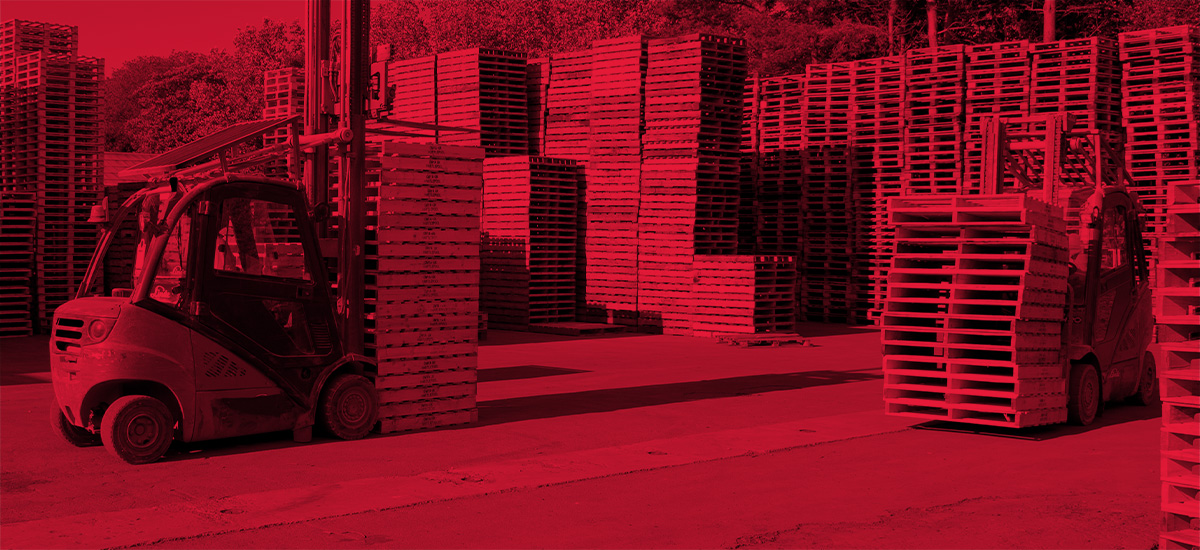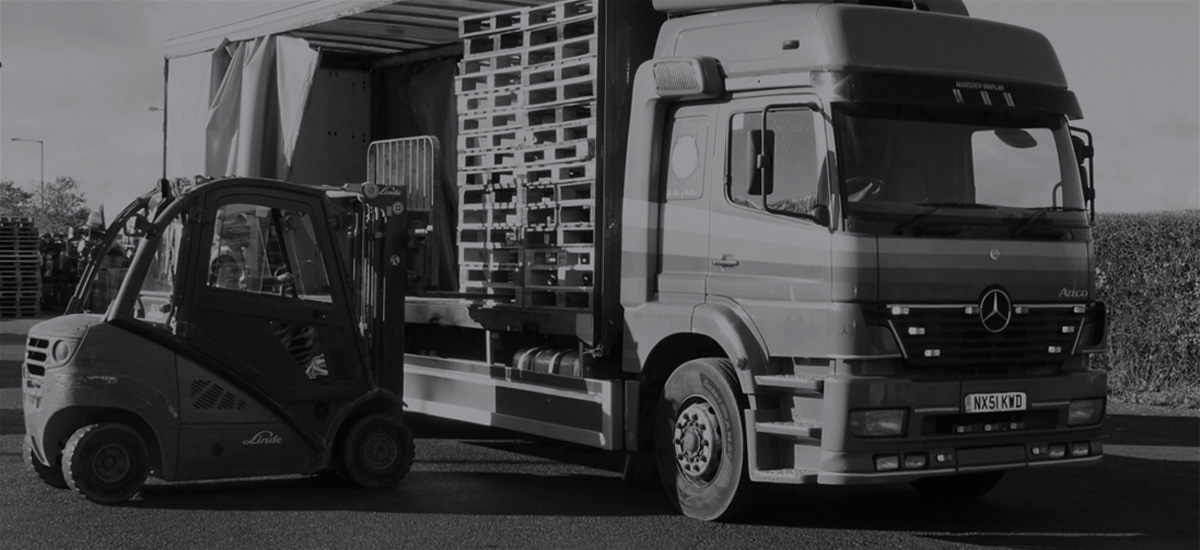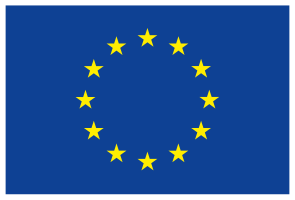Recycling has never been more present in our society than it is today.
Developed countries place a strong emphasis on the process from individual homes to public institutions and private businesses. Campaigns for an increased emphasis on recycling are very frequent and supported by the entire mass-media, reaching whole populations and enjoying higher rates of success.
However, despite these best efforts, the UK still produces more than 100 million tonnes of waste every year, with this figure increasing by 3% year on year.
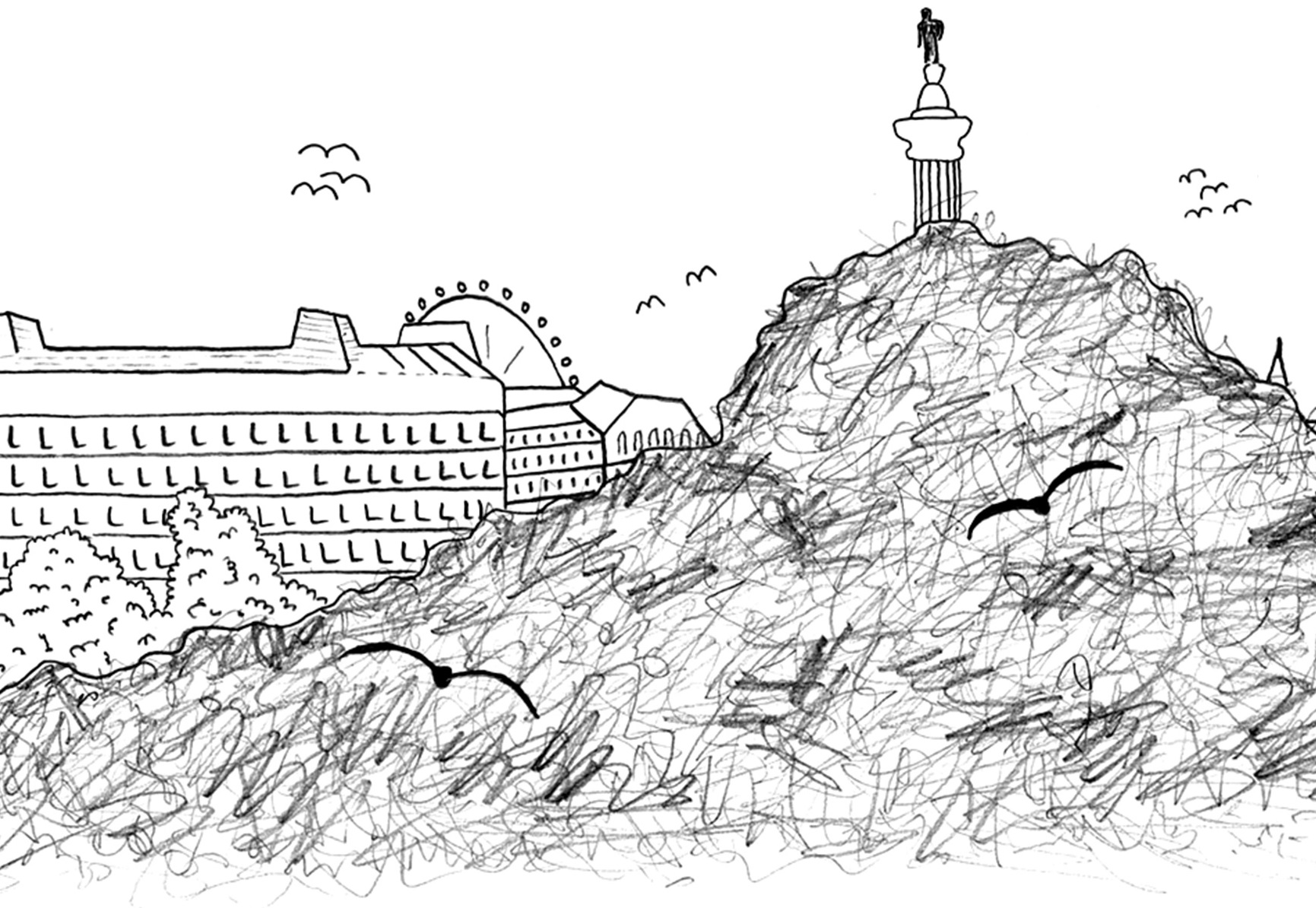
To put this into perspective, enough waste is produced each day to fill Trafalgar Square up to the height of Nelson’s Column. At this rate, if we don’t start
to take serious action soon, it’ll be more than Nelson’s pigeons we have to worry about!
The purpose of recycling - which is a simple concept - is to reduce waste by transforming items which are useless in their present state. This can be done by extracting the original materials and converting them into new usable items.
Recycling is extremely easy to do, again perhaps more than ever before, but unfortunately it’s still not happening enough so we’re on a mission to change this.
Below are just a handful of shocking statistics related to the UK and its underperformance of recycling:
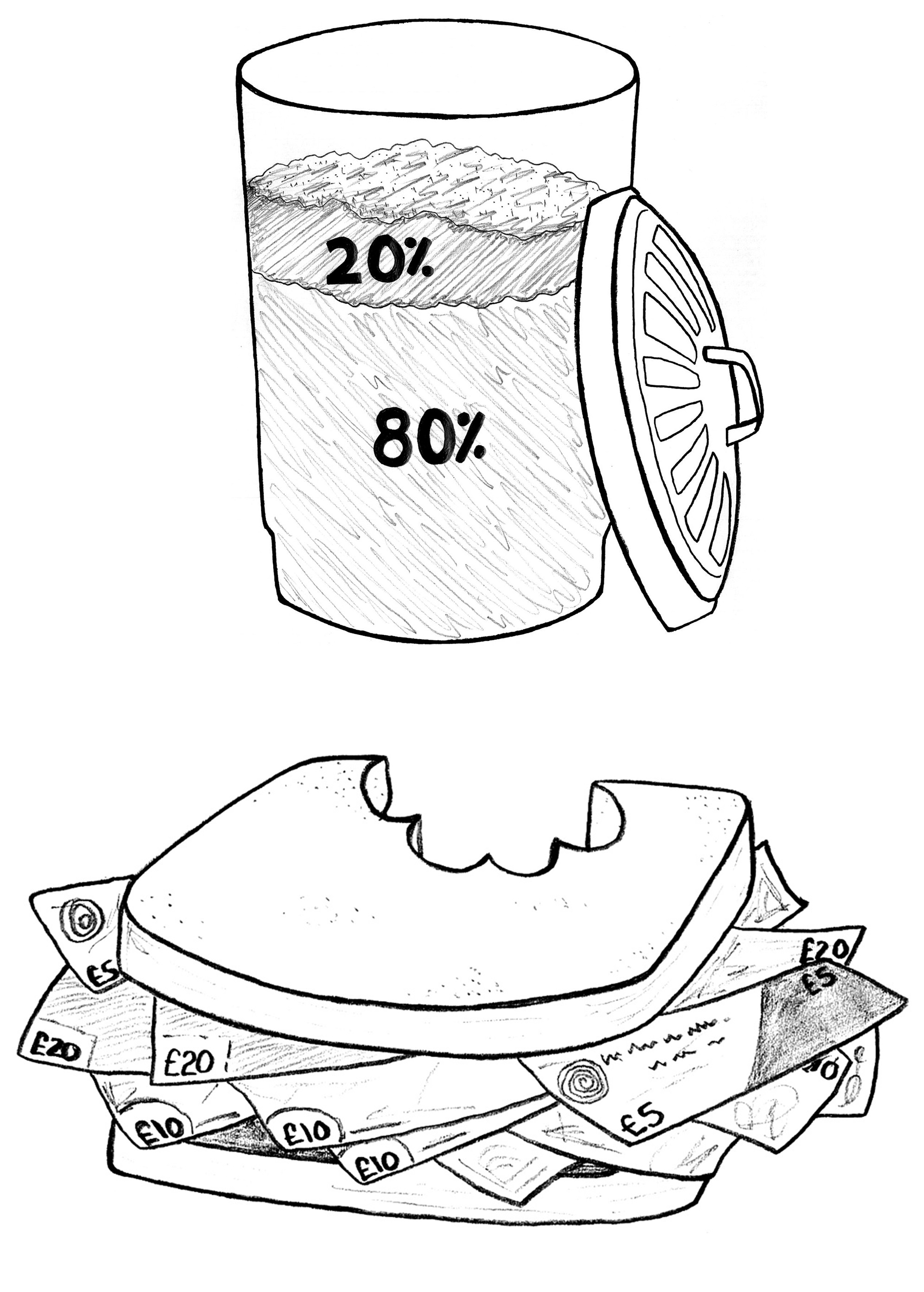
- On average, each person in the UK throws away their own body weight in rubbish every 7 weeks.
- UK households throw away up to £400 worth of potentially edible food every year.
- Up to 80% of the contents of a dustbin could be easily recycled or composted.
- Around 1/3 of all the food we buy ends up being thrown away. This is not only a waste of money and resources in growing, packaging, transporting and retailing, but also produced methane contributing to global warming.
- We get through 5 billion drinks cans each year which could be recycled into new cans saving raw materials, energy and money.
We believe one of the main reasons so much waste is being produced is simply because people are unsure what exactly can be recycled and the benefits of recycling. If you regularly use your recycling bin, filling it with paper, plastic, tins and cardboard, you’re halfway there, however did you know you could also be recycling the following?
- Polystyrene
- Wood
- Soil, rubble and plasterboard
- Metals
- Glass
- Batteries
- Garden waste
- Books
- Clothes
- Electrical appliances
- Fluorescent tubes
- Ink cartridges
- Carpets and mattresses
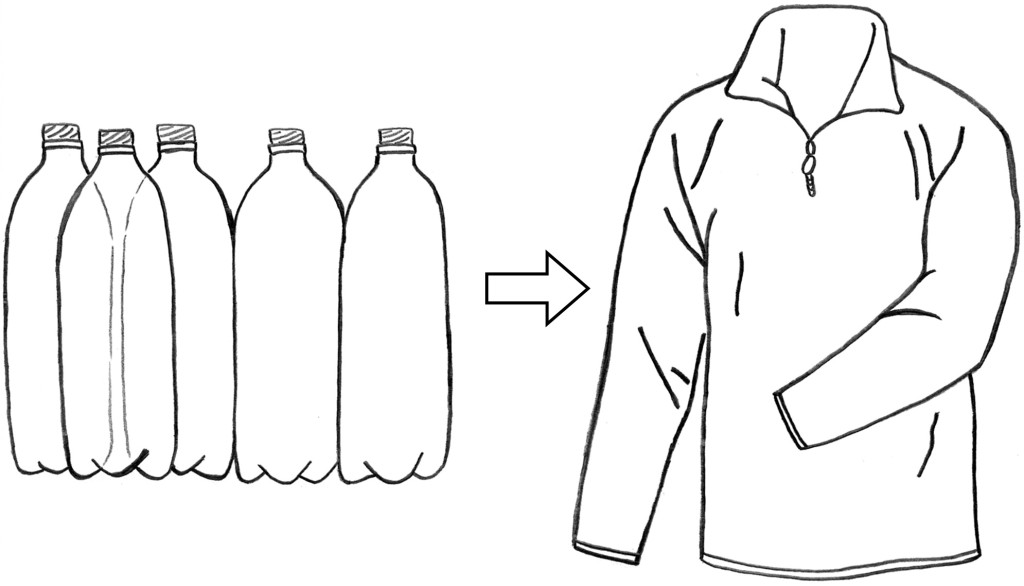
Examples of how recycling benefits our environment include 25 two litre plastic bottles can be recycled into an adult-sized fleece top preserving natural resources. The remanufacturing process had a lower carbon footprint compared to extracting materials, transporting and manufacturing the product from scratch.
Recycling has never been more important due to the pressure put on the planet’s raw materials and resources. You may think you can’t help change this or make a difference, but you can. Simply help us to spread the message of the importance of recycling by starting at home and the workplace and lead by example for the future generation.


